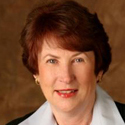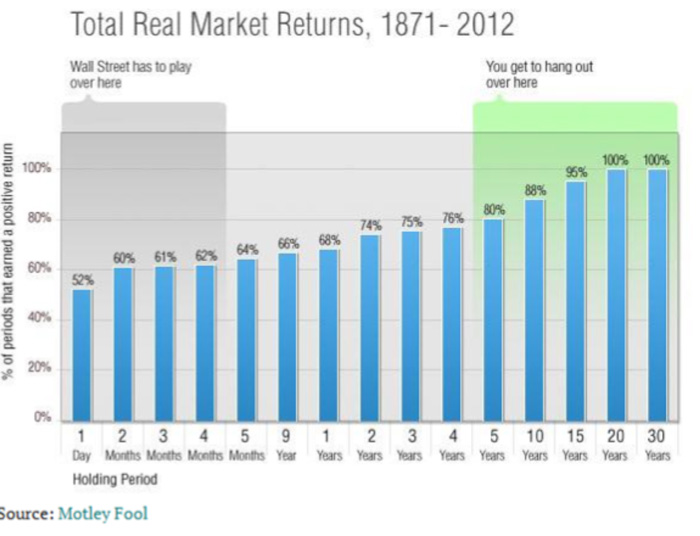
 Part 2 of a series that will shed some light on who we are and why we love financial planning. Partner Dan Boyce wasn’t always conducting business at the Center. In fact, he conducted in an entirely different realm before he found financial planning.
Part 2 of a series that will shed some light on who we are and why we love financial planning. Partner Dan Boyce wasn’t always conducting business at the Center. In fact, he conducted in an entirely different realm before he found financial planning.
The year was 1979 and, as a musician, I had just finished leading and conducting a successful performance of the Troy Community Chorus in Handel’s Messiah. I was an independent contractor in the Troy Community Education department and was required to attend a continuing education workshop on a Saturday. At my table, I was seated with a woman who offered “financial planning” as a Community Ed course selection—I was floored, at the time, that one could actually make a living doing this type of work. This subject had always been an interest of mine, but I stumbled into financial planning almost accidentally when the profession was still in its infancy.
Within two years of that chance meeting, I had started my CFP designation, gotten licensed in securities and insurance, and hung out my shingle. I took an educational approach to developing a clientele—teaching hundreds of folks in the basic tenets of financial planning—and my clientele grew rapidly. Many of those early clients are still with the Center. I helped start two firms, the second of which became the Center for Financial Planning in 1985, and I’ve never looked back.
I tell my clients that, as proud as I am of the work I have done with them over the years, I am most proud of the sustainable organization that I helped create and build. We, at the Center, hire carefully chosen and extraordinary people who are fully dedicated to helping our clients meet their goals and achieve their dreams.



















